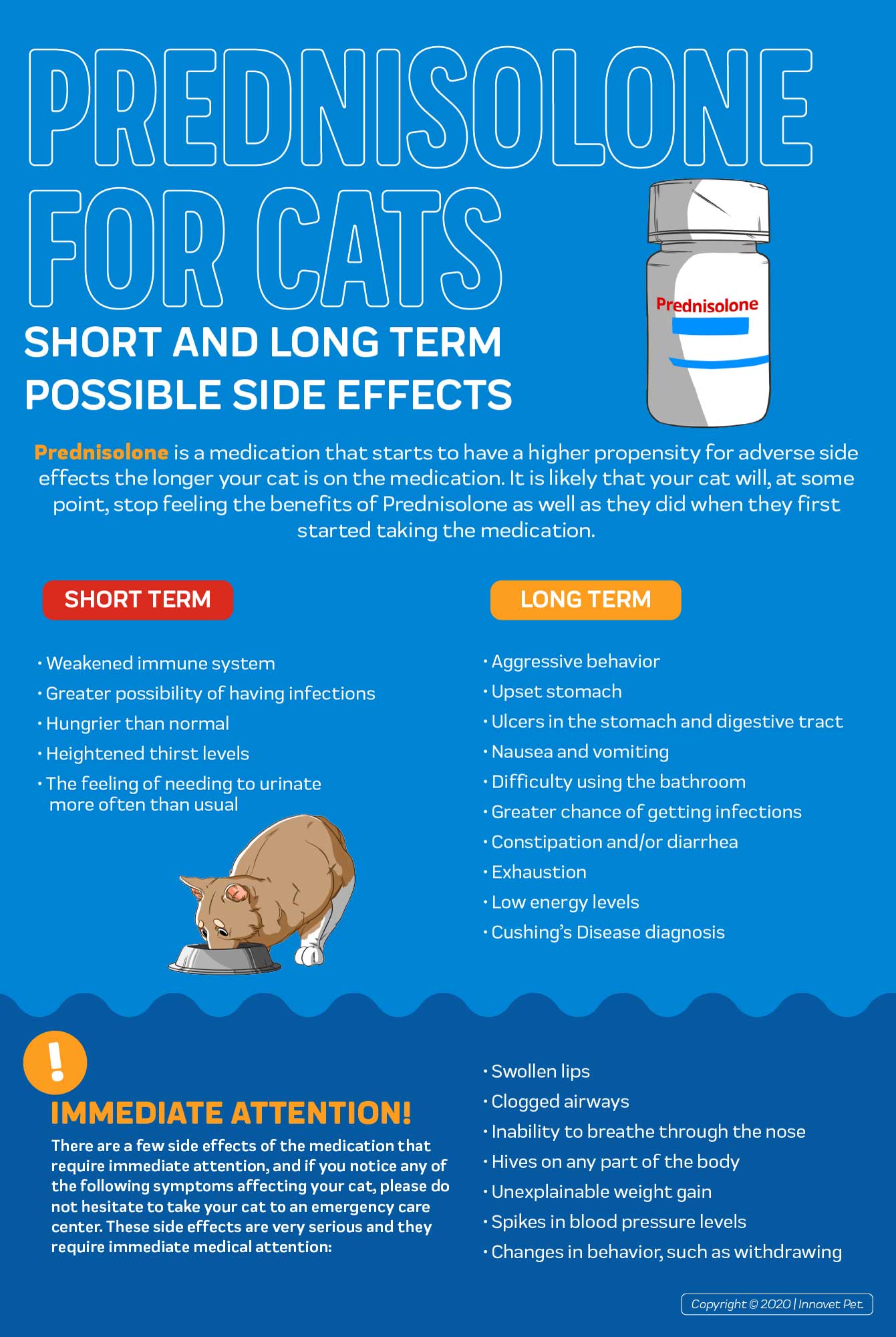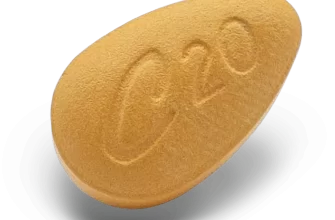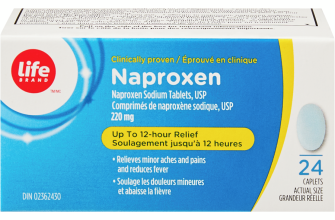If your cat is vomiting after taking Prednisone, contact your veterinarian immediately. This isn’t always a cause for alarm, but prompt veterinary attention is crucial for proper diagnosis and treatment.
Prednisone, while effective for various feline conditions, can cause gastrointestinal upset as a side effect. The severity varies; some cats experience mild nausea, while others suffer more significant vomiting. Factors influencing the reaction include dosage, the cat’s individual sensitivity, and the underlying health condition requiring Prednisone.
Your vet will likely assess your cat’s overall health, consider the Prednisone dosage, and explore alternative medications if necessary. They might suggest adjusting the administration schedule or recommending anti-nausea medication to manage the vomiting. Dietary changes, such as bland food or smaller, more frequent meals, may also be suggested to ease stomach irritation.
Never adjust your cat’s Prednisone dosage without your veterinarian’s explicit instructions. Incorrect dosing can have serious health consequences. Be sure to provide your vet with a complete history of your cat’s health and medication, including any other drugs your cat is currently taking. Open communication ensures optimal care for your beloved companion.
- Prednisone and Vomiting in Cats: A Guide for Pet Owners
- Understanding Prednisone’s Side Effects in Cats
- Gastrointestinal Issues
- Metabolic Changes
- Other Possible Side Effects
- Addressing Side Effects
- Monitoring Your Cat
- When Vomiting is a Cause for Concern
- Managing Prednisone-Induced Vomiting
- Preventing Prednisone-Induced Vomiting
Prednisone and Vomiting in Cats: A Guide for Pet Owners
If your cat is vomiting after starting Prednisone, contact your vet immediately. Don’t delay; prompt veterinary attention is crucial.
Prednisone’s side effects can include vomiting, often mild and temporary. However, persistent or severe vomiting requires professional assessment. Your vet will determine the cause and adjust treatment.
Several factors influence the likelihood of vomiting. Dosage matters: higher doses increase the risk. Your cat’s individual sensitivity also plays a role. Some cats tolerate Prednisone better than others.
To minimize vomiting, your vet might suggest administering Prednisone with food. Small, frequent meals can also help. They may also prescribe an anti-nausea medication alongside Prednisone.
Monitoring your cat is vital. Note the frequency, severity, and nature of the vomiting (e.g., amount, color, presence of blood). This information helps your vet diagnose the problem.
| Symptom | Possible Cause | Action |
|---|---|---|
| Mild, occasional vomiting | Side effect of Prednisone | Consult your vet; they may adjust dosage or prescribe anti-nausea medication. |
| Frequent, forceful vomiting | Severe side effect, underlying condition | Contact your vet immediately; this is urgent. |
| Vomiting with blood | Serious complication | Seek immediate veterinary care; this is a medical emergency. |
Remember: this information is for guidance only, not a substitute for professional veterinary advice. Always consult your vet before making any changes to your cat’s medication or treatment plan.
Understanding Prednisone’s Side Effects in Cats
Prednisone, while highly effective for treating various feline conditions, can cause side effects. Knowing what to expect helps you and your vet manage them effectively.
Gastrointestinal Issues
- Vomiting: This is a common side effect, sometimes mild, sometimes severe. Adjusting the dosage or administering medication with food can help.
- Increased appetite: Cats often gain weight on prednisone. Monitor food intake and consider a low-calorie diet.
- Diarrhea: Less frequent than vomiting, it may still occur. Your vet can recommend dietary changes or medication.
Metabolic Changes
- Increased thirst and urination (polydipsia and polyuria): This stems from prednisone’s effect on kidney function. Ensure your cat has constant access to fresh water.
- Increased blood sugar: Prednisone can elevate blood glucose, potentially worsening diabetes or causing it in predisposed cats. Regular blood sugar checks may be necessary.
Other Possible Side Effects
- Weakened immune system: Prednisone suppresses the immune system, increasing susceptibility to infections. Avoid contact with sick animals.
- Behavioral changes: Increased aggression, anxiety, or changes in sleep patterns are possible. Observe your cat’s behavior closely.
- Pancreatitis: A rare but serious complication. Monitor for symptoms like vomiting, lethargy, and abdominal pain.
- Muscle wasting: Long-term prednisone use can cause muscle loss. Regular veterinary check-ups are important.
Addressing Side Effects
If your cat experiences side effects, contact your veterinarian immediately. They can adjust the dosage, prescribe additional medications to mitigate side effects, or explore alternative treatment options.
Monitoring Your Cat
Regular veterinary visits are crucial while your cat is on prednisone. This allows for monitoring of side effects and adjustments to treatment as needed. Accurate reporting of any changes in your cat’s behavior or health is vital for successful management.
When Vomiting is a Cause for Concern
Contact your veterinarian immediately if your cat vomits more than twice in 24 hours. This is especially true if the vomit contains blood, bile (a dark, greenish-yellow substance), or undigested food.
Persistent vomiting, even without these alarming signs, warrants a vet visit. Three or more episodes of vomiting within a short time period should prompt immediate action. Pay close attention to your cat’s behavior; lethargy, loss of appetite, or dehydration (indicated by sunken eyes or dry gums) alongside vomiting signifies a serious issue.
Consider the frequency, consistency, and color of the vomit. Frequent vomiting of watery substances may point to dehydration. Persistent vomiting of undigested food suggests a problem with digestion. Dark, coffee-ground-like vomit often indicates internal bleeding.
If your cat is on prednisone and experiencing vomiting, the veterinarian needs to know this. Prednisone can cause gastrointestinal upset in some cats, and the vomiting may be a side effect of the medication or an indication of a more serious underlying condition.
Don’t hesitate to seek professional veterinary care if you have any concerns about your cat’s vomiting, especially when coupled with prednisone use. Early intervention often leads to better outcomes.
Managing Prednisone-Induced Vomiting
Address vomiting promptly. If your cat vomits after a prednisone dose, contact your veterinarian immediately. They can assess the severity and recommend appropriate action.
Consider adjusting the administration time. Experiment with giving prednisone with food to see if this reduces stomach upset. Alternatively, try giving the medication at a different time of day.
Explore alternative administration methods. Your vet might suggest switching to a liquid form or administering the medication via a different route.
Discuss medication alternatives. Your vet can explore other anti-inflammatory options if prednisone proves consistently problematic.
Monitor your cat closely. Observe your cat’s behavior, appetite, and overall health after each dose. Note any changes and report them to your vet.
Provide bland food. If vomiting persists, offer your cat small amounts of easily digestible food, such as boiled chicken or plain rice, to help settle their stomach. Avoid rich or fatty foods.
Manage dehydration. Ensure your cat drinks plenty of water. If vomiting is severe and leads to dehydration, veterinary intervention is necessary.
Preventing Prednisone-Induced Vomiting
Administer prednisone with food. This significantly reduces stomach upset.
Consider smaller, more frequent doses instead of one large dose. This helps your cat’s body process the medication better.
Talk to your vet about using an antiemetic medication alongside prednisone. They can prescribe a medication to counteract nausea and vomiting.
Monitor your cat closely for any signs of vomiting or other digestive issues. Immediate veterinary attention is crucial if vomiting is severe or persistent.
Provide fresh water at all times to encourage hydration, especially important if your cat is vomiting.
A bland diet, such as boiled chicken and rice, may be recommended by your veterinarian if vomiting occurs. This can help soothe the stomach.
Discuss alternative medications with your vet. There might be other treatment options available depending on your cat’s condition.






